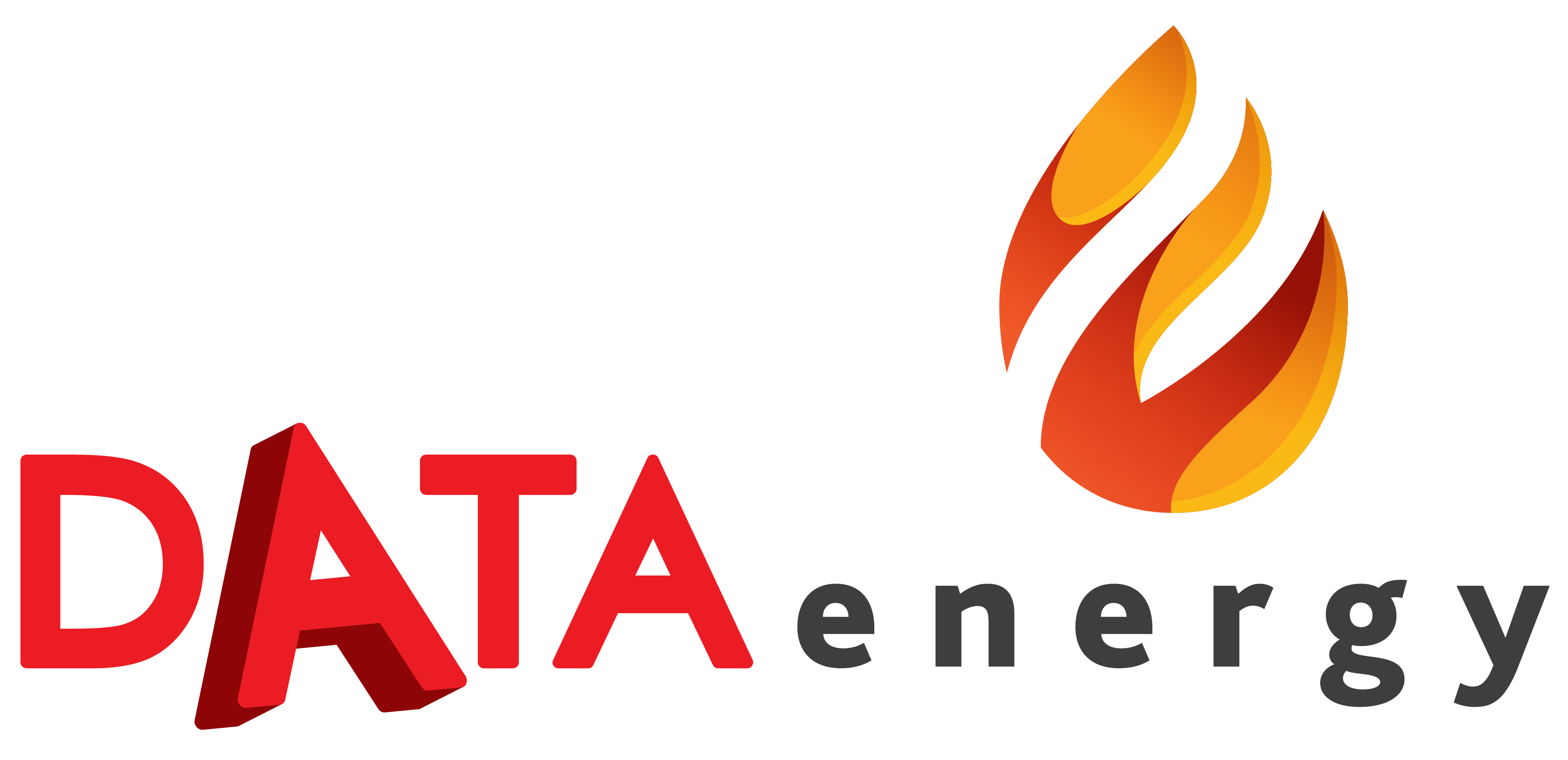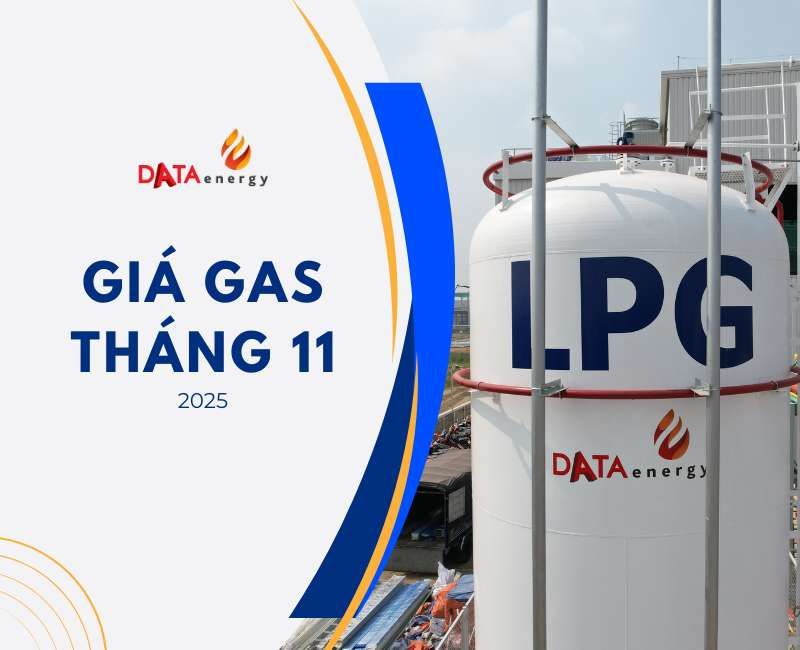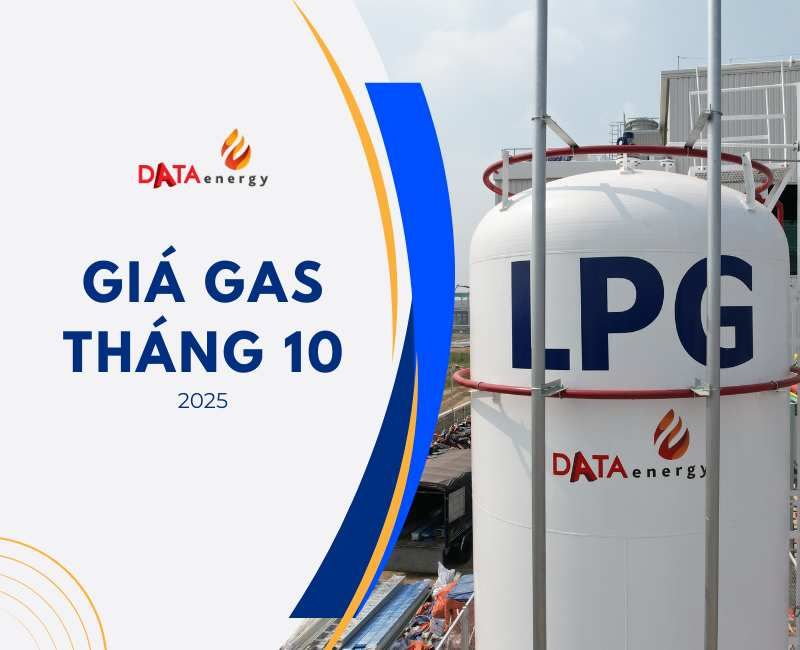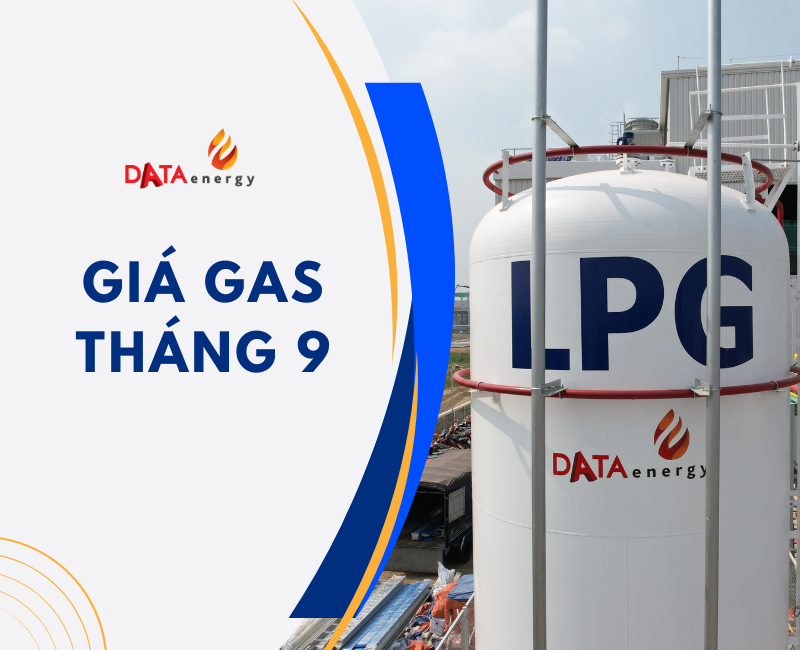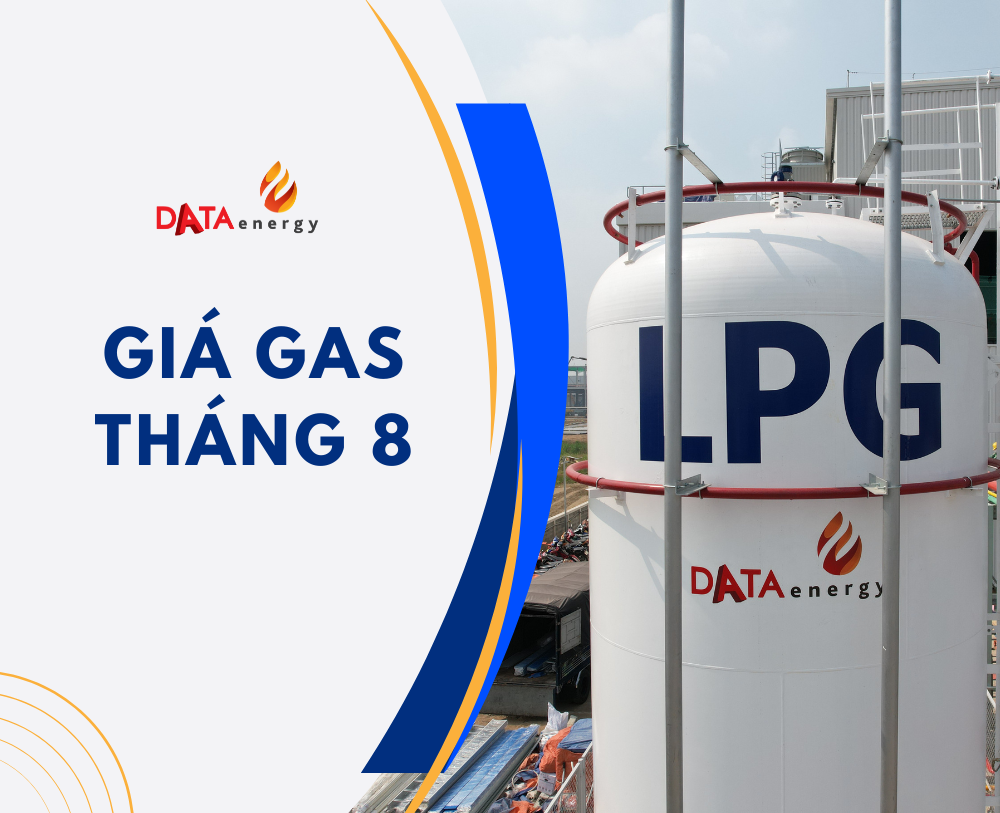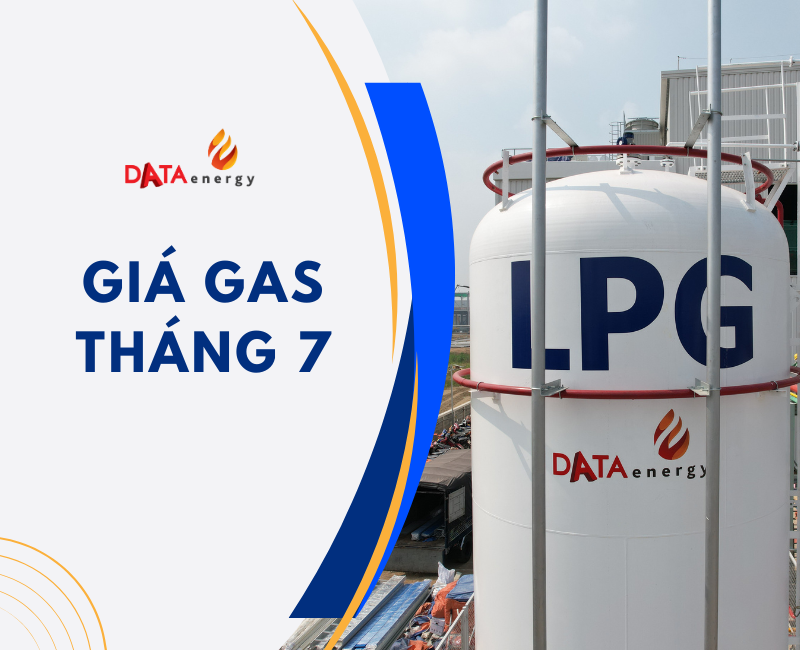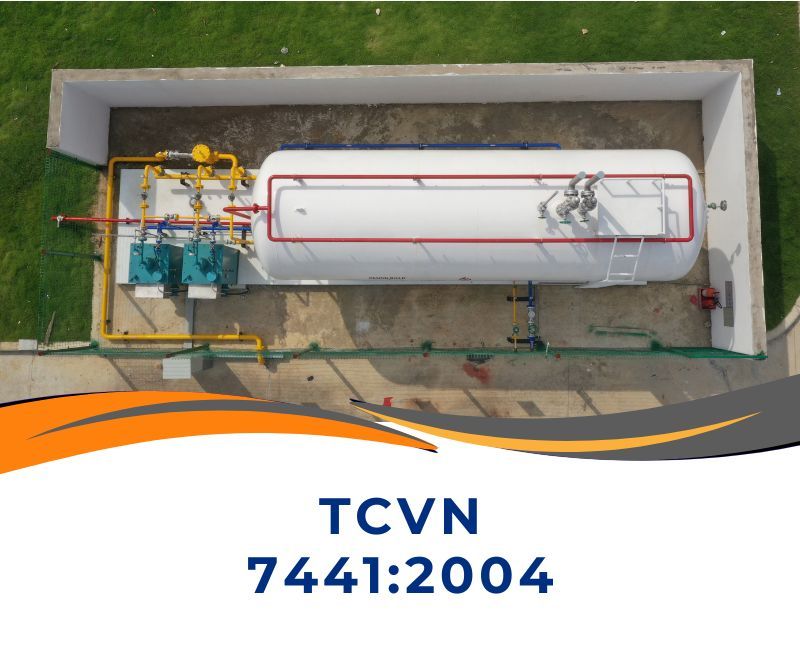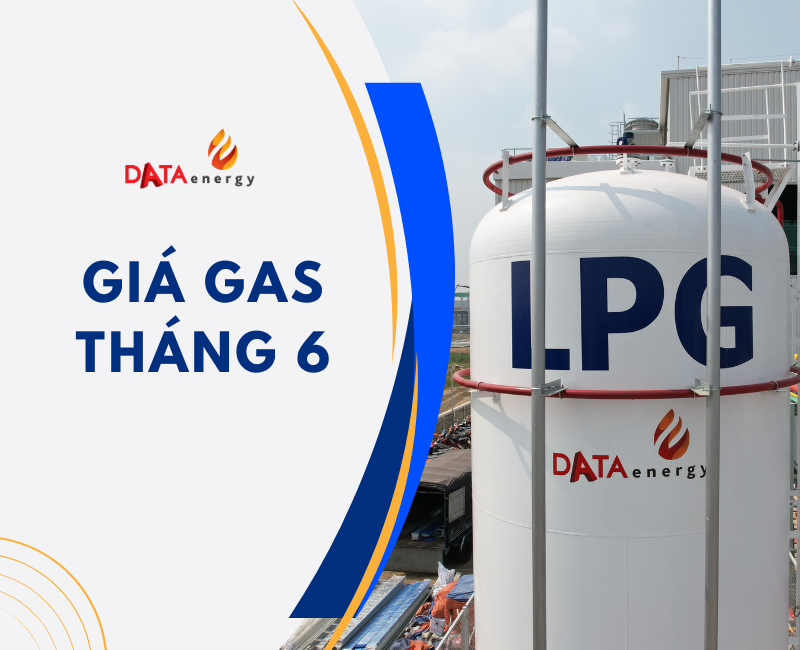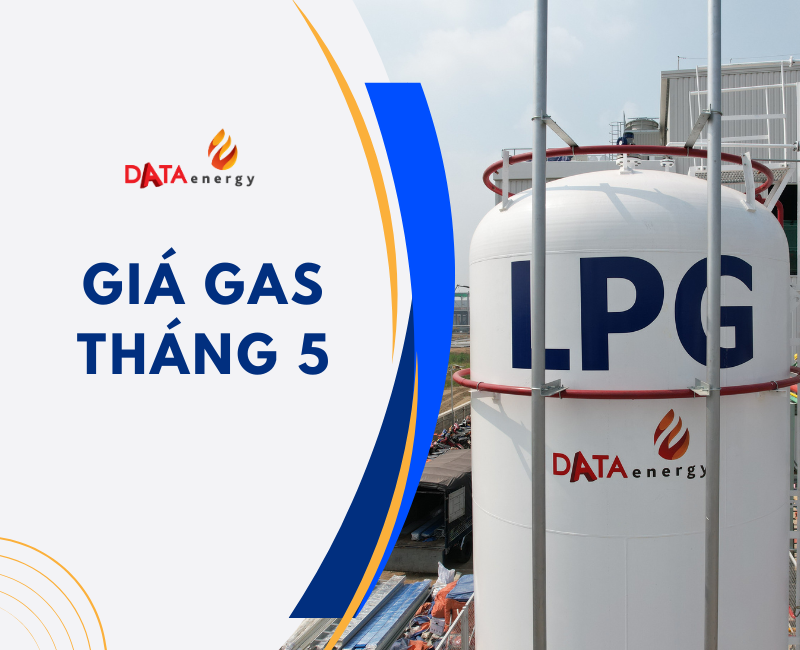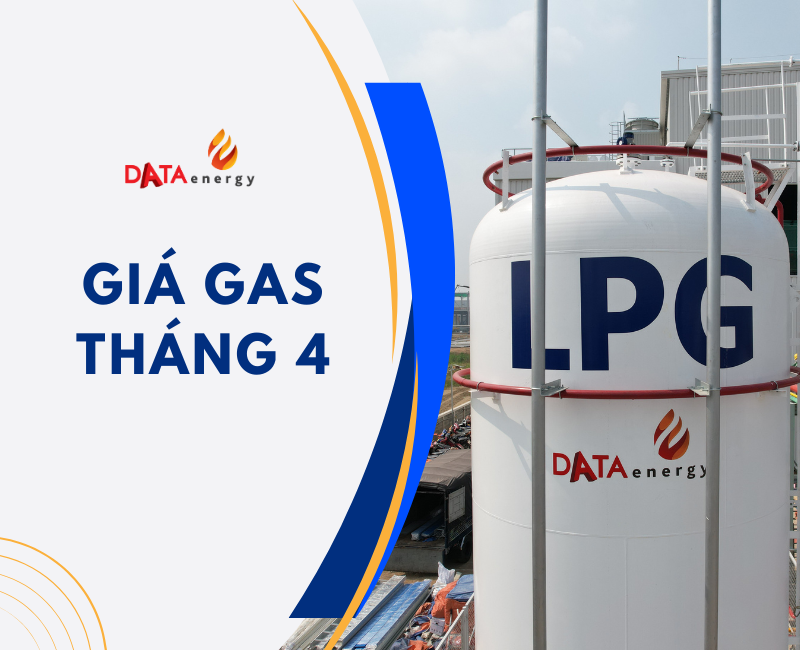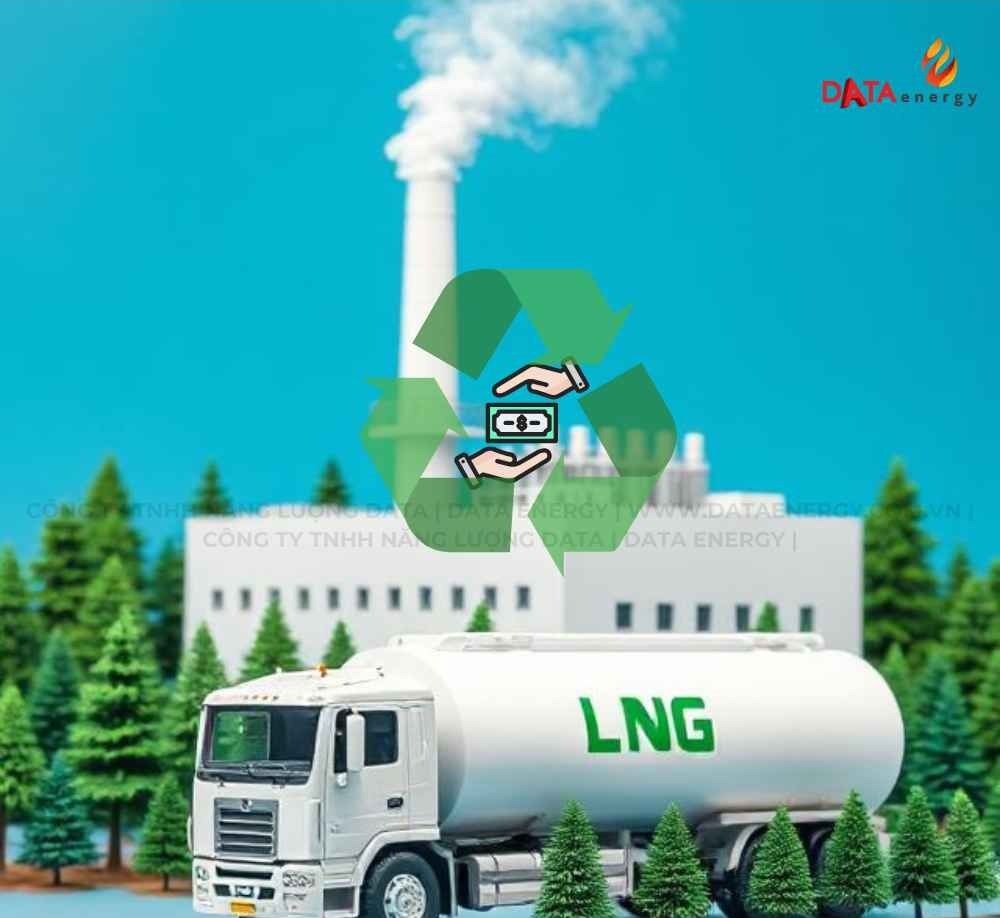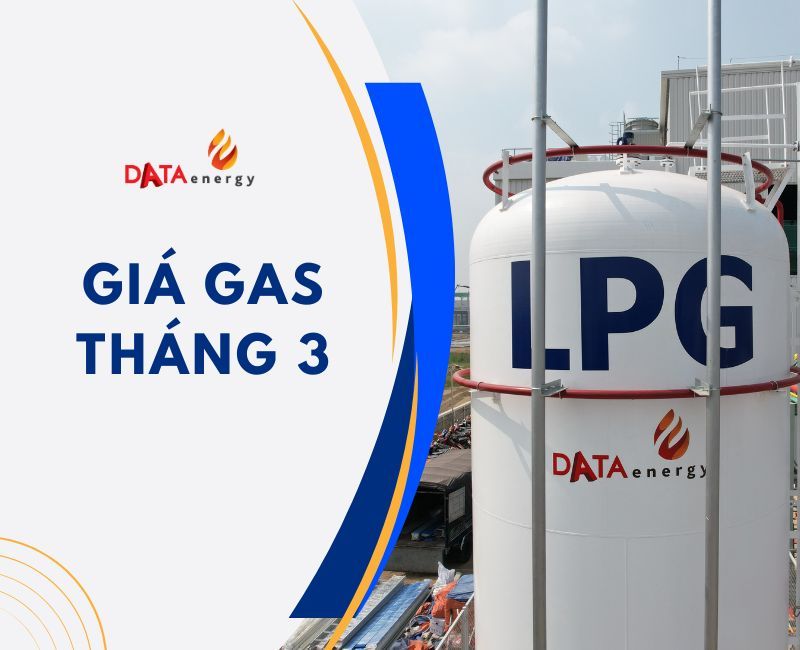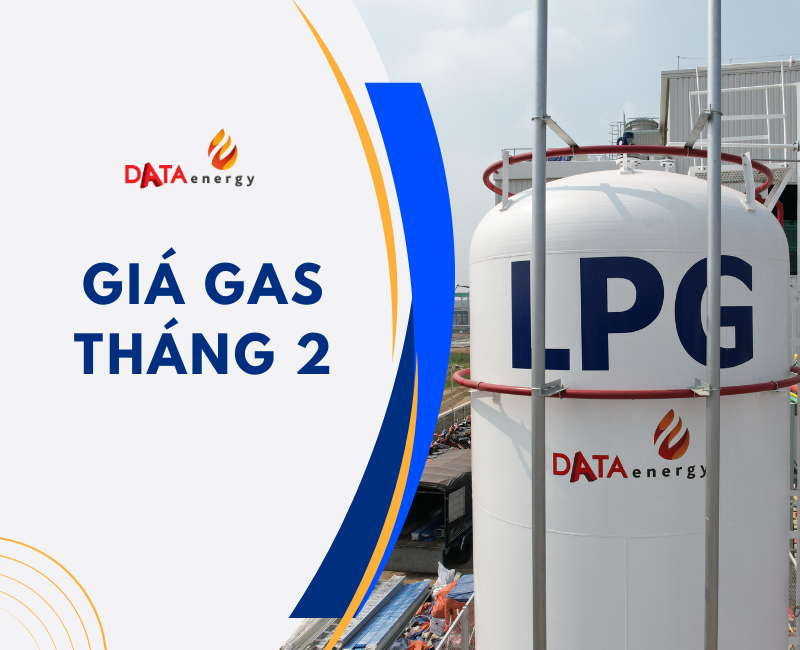DISTINGUISHING LPG, CNG, AND LNG
06/01/2025
It is essential to differentiate between LPG, CNG, and LNG to understand the characteristics and applications of each gas. Learn more about the differences and applications of these gases here.
WHAT IS LPG?
Liquefied Petroleum Gas (LPG) is a mixture of hydrocarbons consisting mainly of butane (C4H10) and propane (C3H8). The composition of the mixture accounts for at least 95% of the mass. At normal temperature and pressure, LPG is in a gaseous state. The gas is compressed to a certain pressure or cooled to a certain temperature, from which LPG turns into a liquid state.
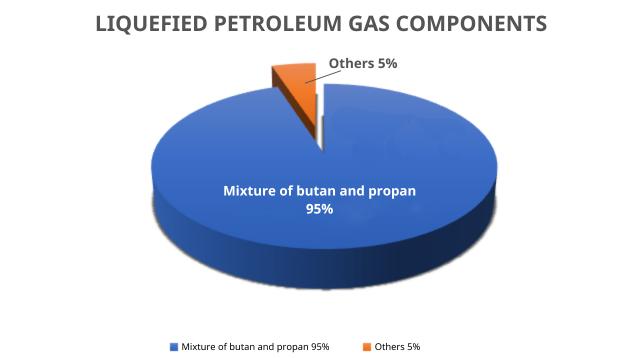
APPLICATIONS OF LPG
Domestic and Commercial: Liquefied Petroleum Gas (LPG) is widely used in households, hotels, restaurants, and small workshops for cooking, heating, and burning.
Industrial: LPG is used in industrial production activities such as drying, baking, welding, and burning. Additionally, LPG is used as fuel in agricultural production, such as drying agricultural products, drying, and making fertilizer.
Transportation: LPG is known as an alternative fuel to gasoline and diesel. Therefore, some vehicles are starting to use LPG to replace traditional gasoline, although the use of LPG as a transportation fuel in Vietnam is still quite limited. According to research, when using LPG, the car engine runs smoother and emits less noise. Additionally, using LPG for taxis can save about 25-29% in costs compared to running on gasoline.
Other: LPG is also used in power generation and petrochemicals.
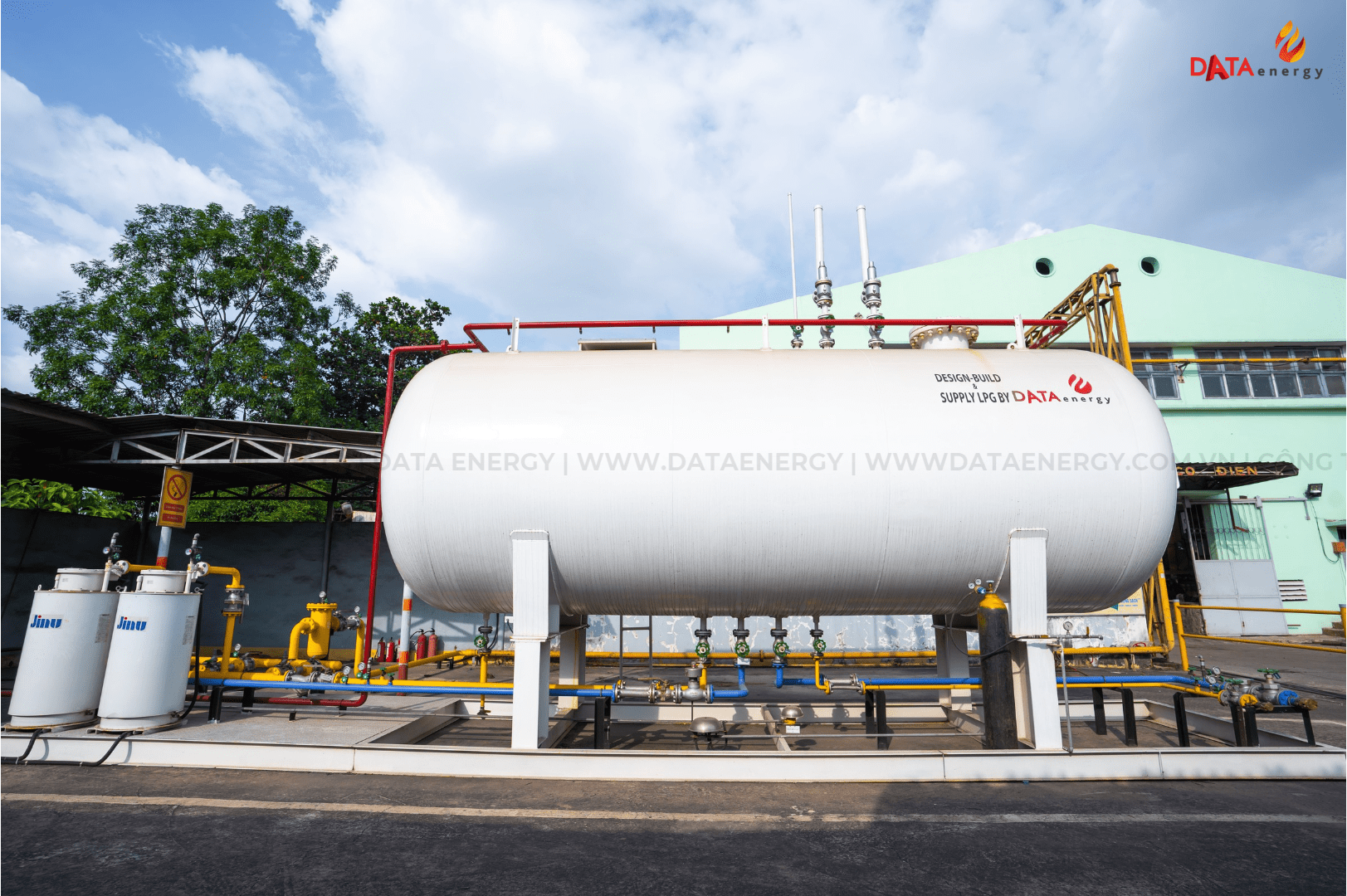
WHAT IS CNG?
Compressed natural gas (CNG) is natural gas with methane as its main component (up to 95%) compressed at high pressure and transported by specialized vehicles. CNG is a colorless, odorless, non-toxic gas that is lighter than air.
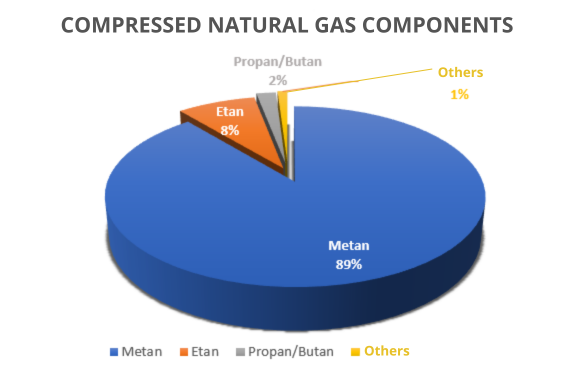
APPLICATIONS OF CNG
Transportation: CNG is used as fuel for vehicles such as cars, trucks, and buses. This helps reduce polluting emissions, save fuel costs, and decrease noise pollution.
Industry: In the industrial sector, CNG is used as an alternative energy source to diesel or other oil-based fuels. It is applied in manufacturing processes such as heating, drying, and combustion.
Chemicals: CNG is also used in the production of chemical compounds such as ammonia, methanol, and acrylic acid.
Electricity: CNG can be used to generate electricity through gas-fired power generation systems. This provides a sustainable energy source and reduces environmental pollution compared to traditional energy sources.
Residential: CNG provides a clean and safe energy source for homes and residential buildings. It can be used for cooking, heating, and water heating.
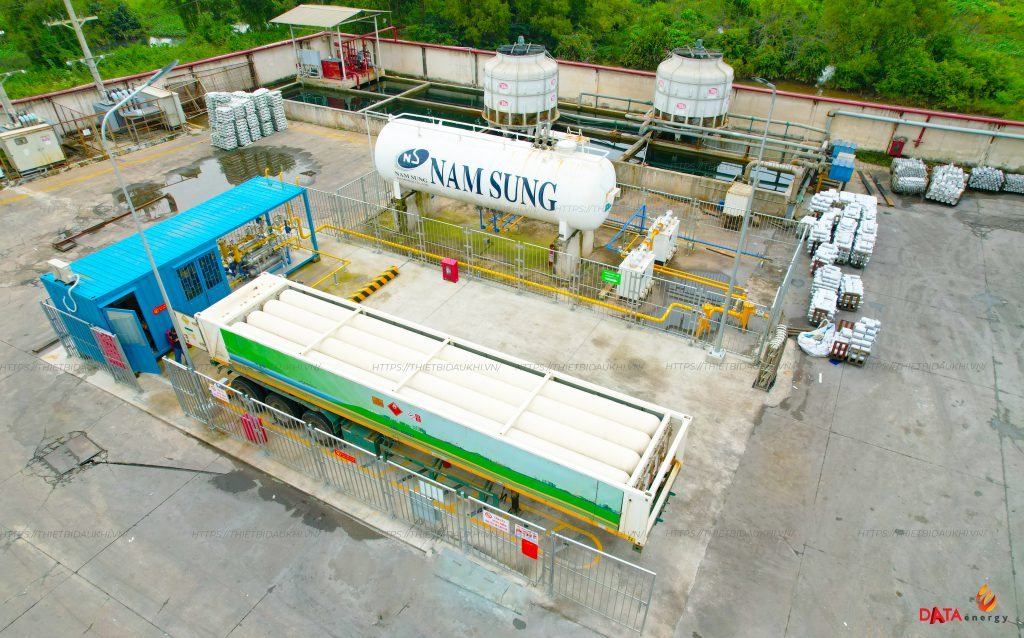
WHAT IS LNG?
Liquefied Natural Gas (LNG) is natural gas with a main component of methane (CH4) and a mixture of ethane (C2H6). LNG is colorless, odorless, non-toxic and non-corrosive, it is cooled to a liquid state at a temperature of about -162°C. LNG occupies about 1/1600 of the volume of natural gas at standard temperature and pressure, so transportation and storage are quite easy and safe.
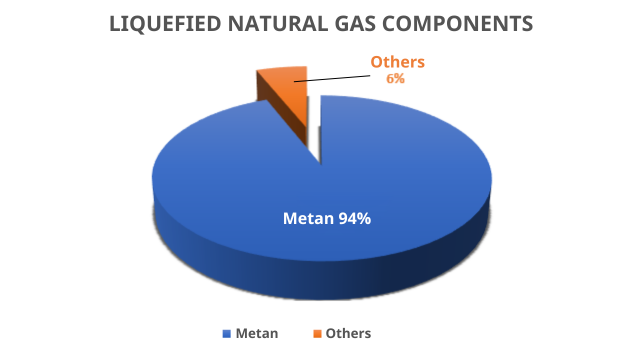
APPLICATIONS OF LNG
Residential: LNG is used to meet daily needs such as cooking, water heating, space heating, dehumidification, etc.
Power Generation: LNG can be used to generate electricity through natural gas power plants.
Industrial: LNG is widely used in industrial production with diverse applications such as drying, dehumidification, combustion, and heating.
Commercial: In this sector, LNG is distributed to hospitals, schools, high-rise buildings, restaurants, etc. for cooking, air conditioning, dehumidification, or on-site power generation.
Transportation: LNG is used as a replacement for traditional transportation fuels. With its high efficiency and ability to reduce environmental pollution, LNG is used as fuel for buses, trucks, trains, etc.

![]()
DATA ENERGY COMPANY LIMITED (DATA Energy)
- Supply LPG, CNG, LNG.
- Consult, Design, Install Industrial Gas System.
- Invest Gas System (LPG, CNG, LNG) for the factory.
